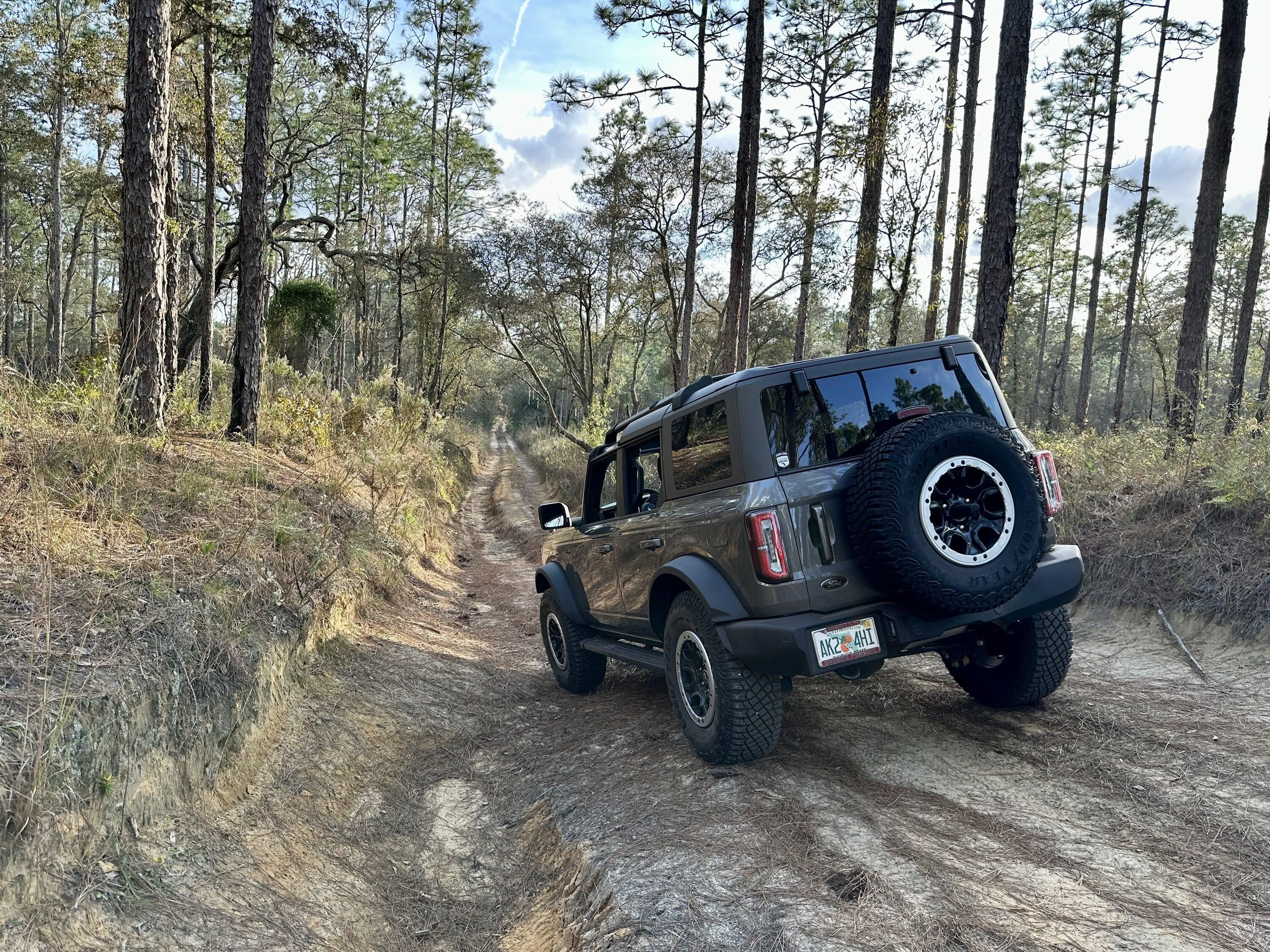Alright so for those of you who actually do a bit of off-roading. Is there anything in particular I should be mindful of?
I realize for its time (and even today) it was a quite capable vehicle. And I'm not looking at doing anything hardcore - like rock crawling or anything of the sort.
More dirt/sand/mud with ruts and some off camber terrain here and there than anything else.
But for someone who is not even sure if their 4-lo works - is there anything I should be cautious of? The thing is old and rusty, and I'd hate to break something out in the middle of nowhere.
I have a little camping trip coming up at the end of the year and instead of taking the Bronco, I was considering taking the Range Rover - if I can trust it.
It will be about a 1.5 hour highway drive to the area, and from there mainly off pavement driving to the site, and exploring the area.
So what all that being said, any tips/tricks from the more experienced individuals who use their Rover as "intended"?
Since everyone loves a picture, here is one of the Bronco in the same area I will be heading to...
![Image]()
I realize for its time (and even today) it was a quite capable vehicle. And I'm not looking at doing anything hardcore - like rock crawling or anything of the sort.
More dirt/sand/mud with ruts and some off camber terrain here and there than anything else.
But for someone who is not even sure if their 4-lo works - is there anything I should be cautious of? The thing is old and rusty, and I'd hate to break something out in the middle of nowhere.
I have a little camping trip coming up at the end of the year and instead of taking the Bronco, I was considering taking the Range Rover - if I can trust it.
It will be about a 1.5 hour highway drive to the area, and from there mainly off pavement driving to the site, and exploring the area.
So what all that being said, any tips/tricks from the more experienced individuals who use their Rover as "intended"?
Since everyone loves a picture, here is one of the Bronco in the same area I will be heading to...






